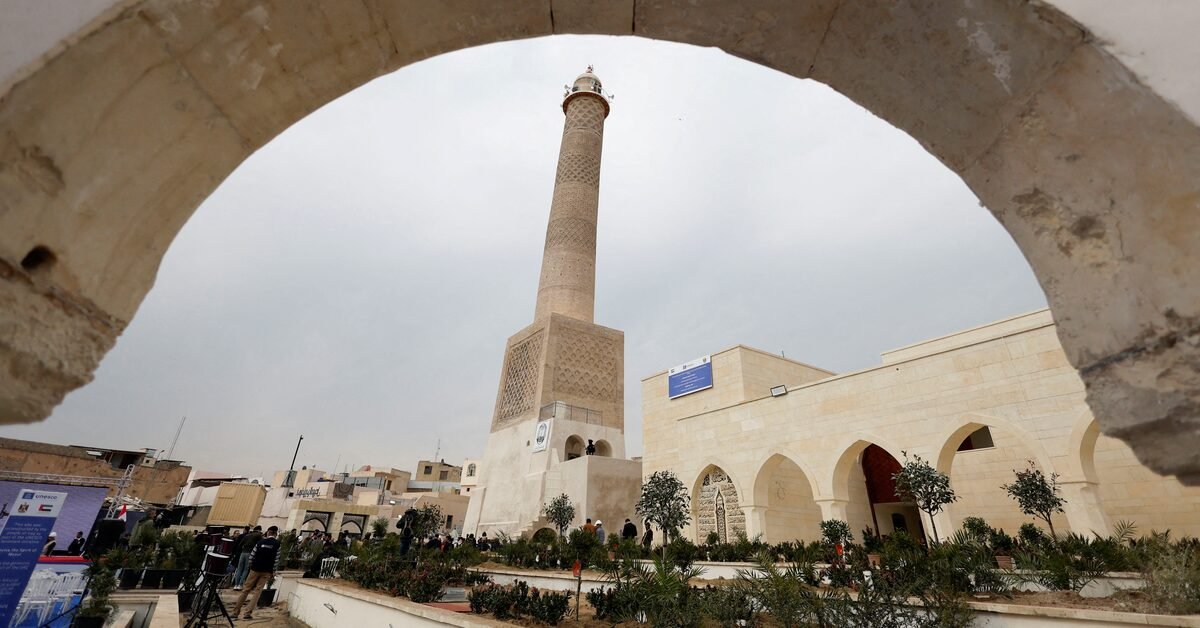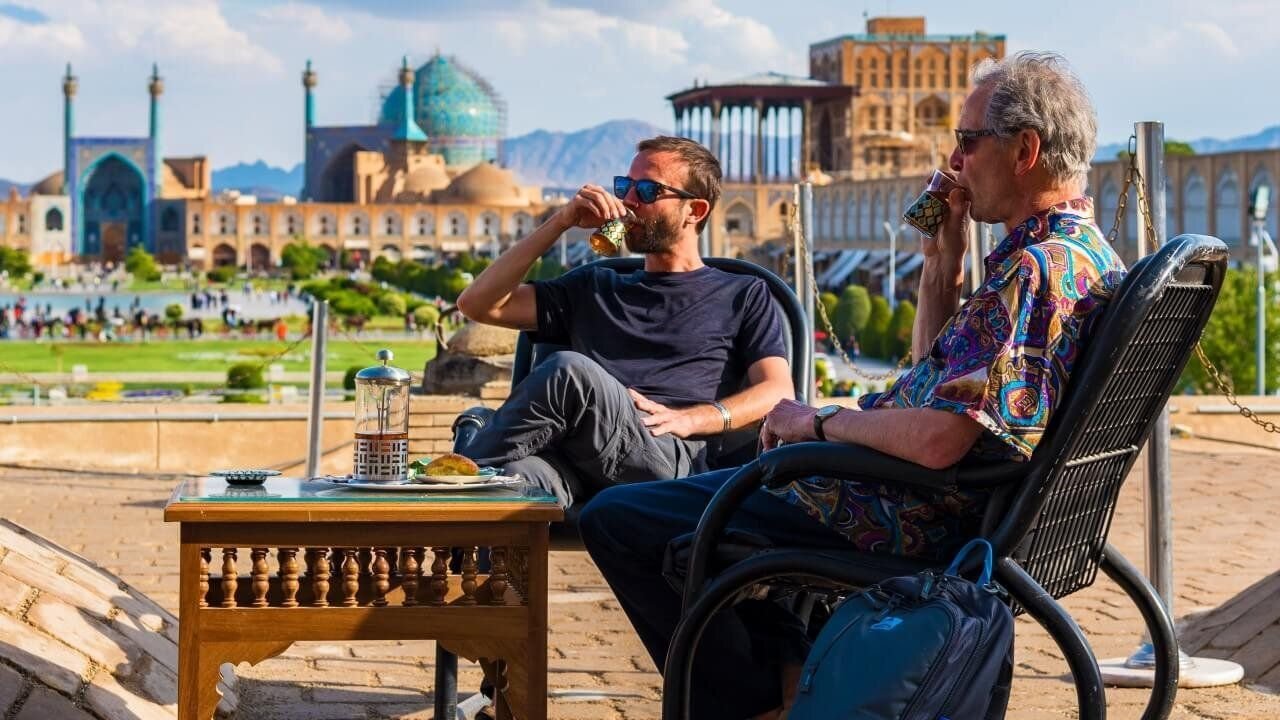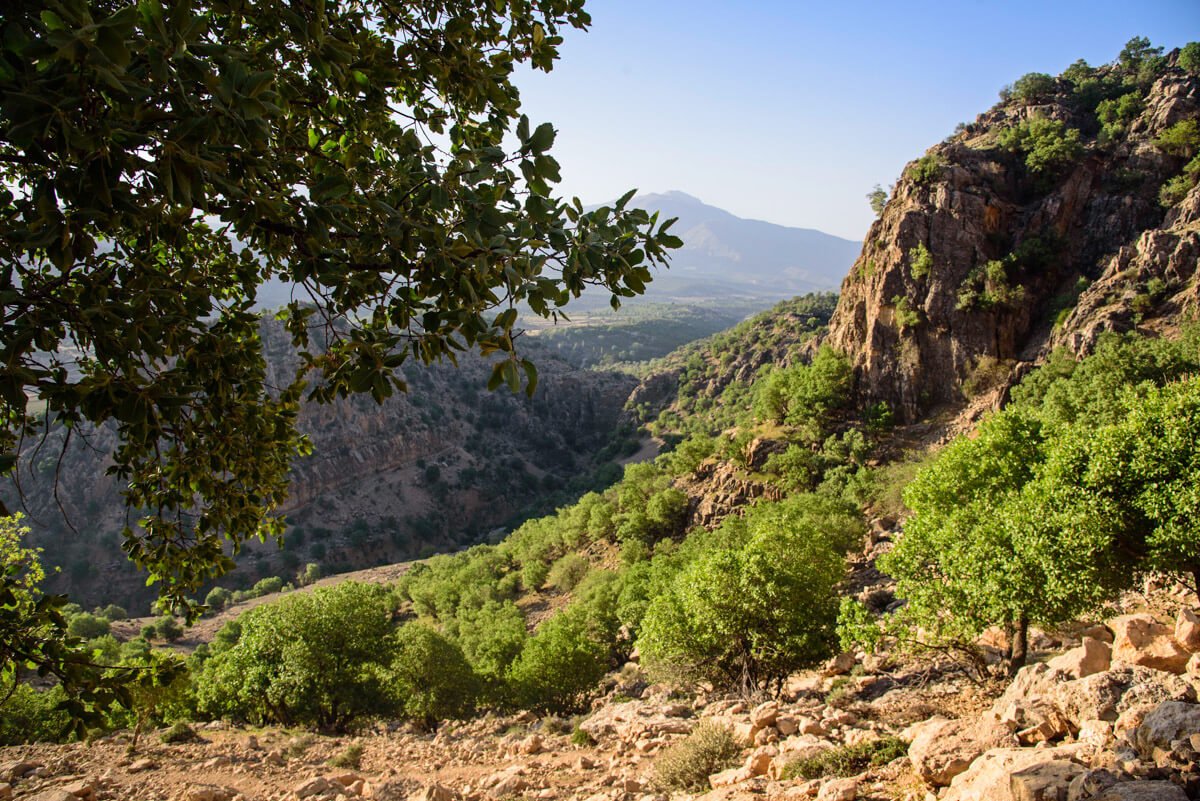Iraqi Kurdistan, an autonomous region in northern Iraq, is a hidden gem for adventurous travelers seeking a blend of stunning landscapes, rich cultural heritage, and unparalleled hospitality. Far from the stereotypes of conflict, this region offers vibrant cities, ancient villages, and dramatic mountains, all underpinned by the warmth of the Kurdish people. As travel to Iraqi Kurdistan becomes more accessible in 2025, this comprehensive guide provides essential tips, safety advice, and a 7-day itinerary to help you plan a memorable trip to one of the Middle East’s most welcoming destinations.
Why Visit Iraqi Kurdistan in 2025?
Iraqi Kurdistan, comprising the governorates of Erbil, Sulaymaniyah, Duhok, and Halabja, stands apart from the rest of Iraq due to its semi-autonomous status, distinct Kurdish culture, and relative stability. Here’s why it’s a must-visit in 2025:
- Cultural Richness: The Kurds, with their unique language, cuisine, and traditions, offer a vibrant cultural experience. Festivals like Nawroz (Kurdish New Year) in March showcase music, dance, and colorful celebrations.
- Natural Beauty: From the snow-capped Zagros Mountains to the dramatic Rawanduz Canyon, the region is a paradise for hikers, photographers, and nature enthusiasts.
- Safety: Iraqi Kurdistan has one of the lowest crime rates in the Middle East, with locals often described as exceptionally friendly.
- Historical Significance: Visit ancient sites like the Erbil Citadel, a UNESCO World Heritage Site, and Lalish, the spiritual heart of the Yazidi faith.
- Accessibility: Visa regulations have eased, and direct flights to Erbil and Sulaymaniyah make reaching the region straightforward.
The best times to visit are spring (March–May) for Nawroz and wildflowers or fall (September–November) for mild weather. Summer (June–August) is hot, with temperatures exceeding 104°F (40°C), while winters can be snowy in mountainous areas.
Planning Your Trip
Entry Requirements
- Visa: As of January 2025, citizens of the EU, US, Canada, Australia, Japan, South Korea, and several other countries can obtain a visa on arrival ($77 USD, card payment preferred) at Erbil or Sulaymaniyah airports or land borders. This visa is valid for both Iraqi Kurdistan and Federal Iraq. For other nationalities, apply for an e-visa via the Kurdistan Regional Government’s portal (gov.krd) or contact an Iraqi embassy.
- Health: No mandatory vaccinations are required, but a negative PCR test (within 72 hours) or proof of vaccination may be requested. Comprehensive travel insurance covering medical emergencies and trip cancellations is essential, as consular support is limited in some areas.
- Passport: Ensure your passport is valid for six months beyond your arrival date. Entry may be denied if your passport has an Israeli stamp.
Getting There
- By Air: Erbil International Airport (EIA) is the primary gateway, with flights from Istanbul, Dubai, Doha, and Vienna via Turkish Airlines, Qatar Airways, or FlyDubai. Sulaymaniyah International Airport (ISU) serves regional routes.
- By Land:
- From Turkey: Cross at the Ibrahim Khalil border (near Duhok) via bus or taxi from Diyarbakir (7–9 hours, ~$30 USD). Border formalities may take 45 minutes to 7 hours.
- From Iran: The Tamarchin/Haji Omaran crossing (near Erbil) or Bashmak-Penjwen (near Sulaymaniyah) are safe options. Buses from Urmia to Erbil take
10 hours ($7–10 USD).
- Note: Always have a contact’s name and address or a clear travel plan for border officials. Well-dressed travelers with companions may face fewer delays.
Getting Around
- Shared Taxis and Minivans: The most common transport, connecting cities like Erbil to Duhok (160 km, ~$13 USD) or Sulaymaniyah to Rania (130 km, ~$6 USD). These leave when full from “garages” (taxi/bus stations).
- Private Taxis: Cost ~$3–5 for intra-city trips (e.g., 5 km in Erbil). Agree on the price beforehand, as meters are rare. Apps like Careem work in Erbil but may not be available elsewhere. Verify license plates to avoid unofficial taxis.
- Car Rental: Ideal for exploring rural areas like Rawanduz or Amedi. Roads are well-maintained, but expect military checkpoints requiring ID. Rent from reputable agencies in Erbil or Sulaymaniyah (~$30–50/day).
- Hitchhiking: Popular and safe, especially in rural areas, but solo travelers (especially women) should exercise caution and travel with a companion.
- Safety Tip: Carry photographic ID at all times, as checkpoints are frequent. Avoid traveling alone in remote areas without a guide.
Safety Considerations
Iraqi Kurdistan is notably safe, with low crime rates and a welcoming atmosphere. However, take these precautions:
- General Safety: Petty crime is rare, and locals often return lost items. Avoid isolated areas at night and secure valuables in crowded markets.
- Regional Risks: The FCDO advises against travel within 5 km of the Turkish or Iranian borders due to occasional skirmishes or PKK activity. Stick to main routes and consult guides for hiking.
- Cultural Sensitivity: Dress modestly, especially at religious sites like Lalish or mosques. Women should carry a scarf for head coverage in conservative areas.
- LGBT+ Travelers: Same-sex relationships are illegal under Iraqi law, with penalties up to 15 years. Avoid public displays of affection or promoting LGBT+ identities to prevent harassment.
- Emergency Planning: Enroll in the Smart Traveler Enrollment Program (STEP) for alerts. Share your itinerary with family and have a contingency plan, as consular support is limited.
Budget and Currency
- Currency: The Iraqi Dinar (IQD) is used (~1,309 IQD = $1 USD as of January 2025). USD is widely accepted; bring small denominations for convenience. ATMs are available in Erbil and Sulaymaniyah but scarce in rural areas.
- Daily Costs: Budget travelers can manage on $30–50/day, including hostels (
$15), shared taxis ($5–10), and local meals (~$3–5). Mid-range travelers should budget $80–120/day. - Tipping: Included in taxi fares and restaurant bills, but small tips (~1,000 IQD) are appreciated for exceptional service.
7-Day Itinerary: Exploring Iraqi Kurdistan
This 7-day itinerary covers Iraqi Kurdistan’s highlights, balancing urban vibrancy, natural wonders, and cultural immersion. Adjust based on your pace and interests.
Day 1: Arrive in Erbil – Explore the Capital
Morning: Land at Erbil International Airport and settle into your accommodation. Options include the budget-friendly Erbil View Hotel ($40/night) or the upscale Divan Erbil ($100/night).
Afternoon: Visit the Erbil Citadel, a 6,000-year-old UNESCO site with museums and panoramic views. Stroll through Qaysari Bazaar for tea, spices, and Kurdish sweets like halwa (~5,000 IQD/kg).
Evening: Dine at Abu Shahab for kebabs and masgouf (grilled fish, ~4,000 IQD). Enjoy a shisha session at a chaikhana (teahouse) near Shanadar Park.
Tip: Exchange USD for IQD at the bazaar for better rates.
Day 2: Erbil to Lalish and Alqosh
Morning: Drive or take a shared taxi (15,000 IQD) to Lalish (1.5 hours), the holiest Yazidi temple. Respect dress codes (no shoes, women cover hair) and learn about Yazidi traditions from local guides.3,000 IQD for shawarma).
Afternoon: Continue to Alqosh (30 minutes), a Christian village with the Rabban Hormizd Monastery carved into cliffs. Enjoy lunch at a local eatery (
Evening: Return to Erbil and relax at Sami Abdulrahman Park, a green oasis with lakes and cafes.
Tip: Hire a guide like Haval Qaraman for Lalish to navigate cultural nuances.
Day 3: Duhok and Amedi
Morning: Take a shared taxi to Duhok (160 km, $13 USD). Visit the Duhok Dam and Azadi Park for scenic views.20,000 IQD) or return to Duhok for dinner at a kebab restaurant (~4,000 IQD).
Afternoon: Drive to Amedi (67 km, ~6,000 IQD), a 5,000-year-old hilltop village. Explore the ancient stone gate and hike nearby peaks for stunning vistas.
Evening: Stay at a budget guesthouse in Amedi (
Tip: Amedi lacks public transport; consider renting a car or hitchhiking with caution.
Day 4: Rawanduz and Soran
Morning: Travel to Soran (2 hours from Duhok, 10,000 IQD) and check into Zagros Hotel (15,000 IQD after bargaining). Drive to Rawanduz Canyon for breathtaking views and hiking trails.
Afternoon: Visit the Bekhal Waterfall and Gali Ali Beg, a dramatic gorge. Stop for fresh fruit juice (500 IQD) at a roadside stall.3,000 IQD) and enjoy the lively evening bazaar.
Evening: Dine on Kurdish dumplings (kubba) in Soran (
Tip: Wear sturdy shoes for canyon hikes and avoid unmarked trails due to potential landmines.
Day 5: Sulaymaniyah – Cultural Heart
Morning: Take a shared taxi to Sulaymaniyah (130 km from Soran, $6 USD). Check into Dolphin’s Hotel and Hostel ($15/dorm bed). Visit Amna Suraka (Red Prison), a museum detailing Kurdish suffering under Saddam Hussein.
Afternoon: Hike or take the cable car to Azmar Mountain for city views. Browse the Grand Bazaar for souvenirs like Kurdish rugs (20,000 IQD).4,000 IQD). Join locals for tea at Shaab Chaikhana.
Evening: Dine at Sara Restaurant for dolma and chai (
Tip: Join the Iraqi Travellers Cafe on Facebook for local tips and connections.
Day 6: Halabja and Cultural Reflection
Morning: Take a shared taxi to Halabja (1 hour, 5,000 IQD), site of the 1988 chemical attack. Visit the Halabja Memorial Museum for a sobering history lesson.2,000 IQD entry).
Afternoon: Return to Sulaymaniyah and explore Slemani Museum, showcasing Mesopotamian artifacts. Relax at Chavi Land, a family-friendly park.
Evening: Enjoy live Kurdish music at a local venue like Culture Cafe (
Tip: Halabja is emotionally heavy; plan downtime afterward.
Day 7: Return to Erbil – Departure
Morning: Take a shared taxi to Erbil (3 hours, $10 USD). Visit the Kurdish Textile Museum in the Citadel if time allows.3,000 IQD).
Afternoon: Shop for last-minute souvenirs (e.g., pistachios, ~2,000 IQD/kg) at Family Mall. Have lunch at Falafel Al-Sufi (
Evening: Depart from Erbil International Airport, or extend your trip to Federal Iraq (e.g., Baghdad or Mosul) with the same visa.
Tip: Arrive at the airport 2–3 hours early, as security checks are thorough.
Must-Try Experiences
- Nawroz Festival (March 20–21): Join bonfires and dances in Akre, where locals wear traditional Kurdish clothing. Book accommodations early.
- Kurdish Cuisine: Savor kebabs, dolma (stuffed vegetables), and biryani. Try chai (tea, ~250 IQD) at a chaikhana.
- Hiking: Explore the Zagros Mountains or Gara Mountain near Duhok with a guide to avoid minefields.
- Cultural Immersion: Visit a refugee camp like Darashakran (no permit needed) to distribute toys or learn about resilience.
- Historical Sites: See Barzan village, home to Mustafa Barzani’s memorial, or the ancient ruins near Duhok.
Practical Tips
- Accommodation: Hostels like Dolphin’s in Sulaymaniyah (
$15) are budget-friendly. Mid-range hotels in Erbil ($40–60) offer security and comfort. Book via Booking.com or contact hosts directly for deals. - Connectivity: Buy a Zain SIM card at Erbil airport or malls (~10,000 IQD for 3–5GB). Wi-Fi is spotty outside cities.
- Language: Kurdish (Sorani or Kurmanji) is primary, but English is common among educated locals. Learn basic Arabic or Kurdish phrases like “Spas” (thank you).
- Sustainability: Avoid tap water; use bottled water (~500 IQD/liter). Support local businesses and eco-conscious guides.
- Packing: Bring modest clothing, a scarf (for women), comfortable shoes, and a power bank. Pack a warm jacket for spring/fall evenings.
Final Thoughts
Iraqi Kurdistan in 2025 is a destination of contrasts—modern cities alongside ancient villages, rugged mountains meeting vibrant bazaars, and a painful history paired with boundless hospitality. With improved visa access and a safe, welcoming environment, it’s an ideal time to explore this under-the-radar region. Follow this guide, stay culturally sensitive, and connect with locals to uncover the heart of Kurdistan. Your journey will be filled with unforgettable moments and stories to share.
Resources:
- Kurdistan Regional Government: gov.krd
- Against the Compass: againstthecompass.com
- Iraqi Travellers Cafe (Facebook group)
- FCDO Travel Advice: www.gov.uk/foreign-travel-advice/iraq



